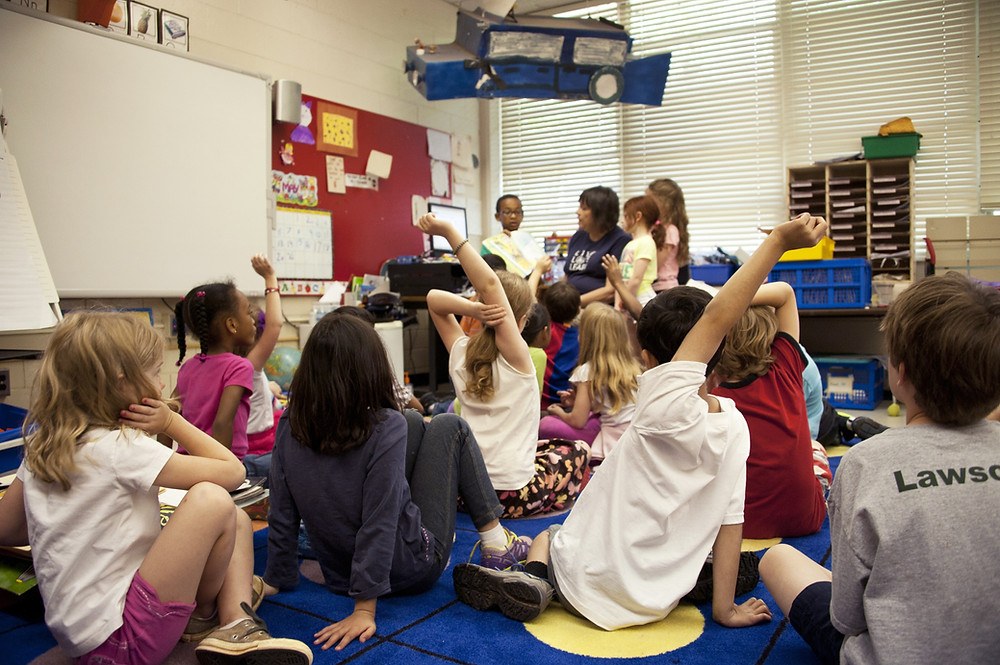- Rahul Khandelwal
Key Insights from New Education Policy 2019 (NEP'19)
The Ministry of Human Resource Development, Government of India has drafted a new education policy for India (2019) with the vision of providing an India-centered education system that contributes directly to transforming our nation sustainably into an equitable and vibrant knowledge society, by providing high quality education to all.
The main highlights of the NEP (2019) for school education are :
1. Early childhood education: The Policy emphasizes the criticality of the early years and aims to ensure quality early childhood care and education for all children between 3-6 years by 2025 with significantly increased investment and new initiatives.

2. Foundational literacy and numeracy: There will be special attention paid to early language and mathematics in Grades 1-5. The Policy aims to ensure that every student in Grade 5 and beyond must achieve foundational literacy and numeracy by 2025.

3. Curriculum and pedagogy: A new developmentally-appropriate curriculum and pedagogical structure for school education based on principles of brain development and learning has been developed based on a 5 + 3 + 3 + 4 design. There will be equal emphasis on all subjects -science, social sciences, art, languages, sports and mathematics -with integration of vocational and academic streams in school.

4. Universal access: The Policy aims to achieve 100% Gross Enrollment Ratio for all school education by 2030 through various measures.

5. Equitable and inclusive education: The Policy has several concerted initiatives to ensure that no child loses any opportunity to learn and excel because of the circumstances of birth or background. Special education zones will also be set up to focus on this.

6. Teachers: Teachers will be recruited through robust, transparent processes, promotions will be merit-based, multi-source periodic performance appraisals will happen and progression paths to become educational administrators or teacher educators will be available.

7. School Governance: Schools will be organized into school complexes (cluster of 10-20 public schools) -this will be the basic unit of governance and administration that will ensure availability of all resources -infrastructure, academic (e.g. libraries) and people (e.g. art and music teachers) -along with a strong professional teacher community.
8. Regulation of Schools: Regulation and operations of schools will be carried out by separate bodies to eliminate conflicts of interest. There will be clear, separate systems for policy making, regulation, operations and academic matters.

However, the implementation of this policy will require a lot of structural changes which in turn will take a lot of time. A majority of the children currently enrolled in school may miss out the fruits of the NEP.
NotchUp realizes this issue and therefore aims to provide opportunities for children to develop these skills immediately. NotchUp modules focus on holistic development with emphasis on 21st century skills such as problem solving, decision making, leadership, collaboration, communication, empathy, STEM skills and global awareness.